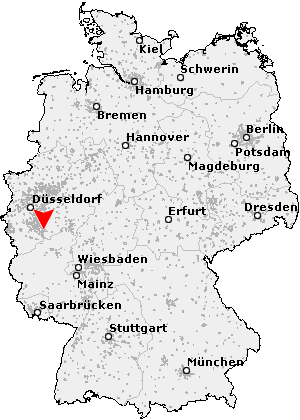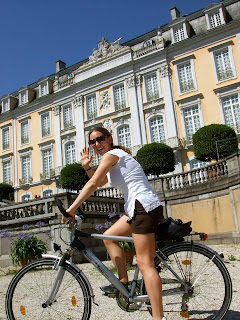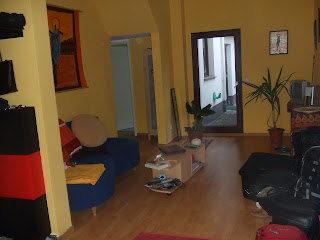I would like to take this opportunity to complain about CNN.
Given that I have a television at Zuzana’s house, and only two channels in English, I have been watching a lot of CNN International and BBC World. Now, the BBC has an off day every now and then, mostly because the quality of the hosts is inconsistent. But CNN is just consistently bad.
Of course, in the States, CNN is also bad. (Sometimes I’m convinced its sole purpose is to see the most absurd station-promotion it can get Wolf Blitzer to say on-air.) But there’s something even more embarrassing about the fact that CNN International serves as a kind of American ambassador, bantering and blathering while the important news is unfolding throughout the world.
From what I can see, CNN “International” covers fewer foreign stories that most regular German news shows. Of course, the BBC is guilty of focusing more heavily on Britain and the countries of origin of British immigrants. But CNN takes national bias to new heights.
Perhaps they just have an low budget. That is not necessarily their fault. But I cannot believe how many audience-generated "iReport" submissions they use instead of correspondents.
And then there are the hosts.
Half of them sound as though their teleprompters are malfunctioning any time they reports news of any substance. Then they adopt this snarky, condescending tone when they joke about the news between segments.
Oh, and did I mention yet that they did a legnthy story Thursday about how Vladimir Putin went fishing on his vacation without a shirt on?

Whoever told the hosts to deliver the news “with feeling” ??? Hala Gorani sounded absolutely devastated as she told the story of a paralyzed Palestinian child. She paused dramatically and labored over each word. But just seconds prior, she was giggling about David Beckham.
Finally there is
Richard Quest I was first introduced to Mr. Quest in a "Daily Show" segment in which Jon Stewart's own British correspondent, John Oliver, spoofed Quest's cliche British phrases and exaggerated accent.
Quest’s segment this week,
"Business Traveller" discussed the “Open Skies” agreement, which, beginning in March 2008, will deregulate the market for Transatlantic flights between EU countries and the US. It’s a worthy subject. But Quest spent the most time in his report taking out a map and asking an EU official, “Wait, so…you mean I can go from here…to here!?! Or here!?! Wait, wait…what about here!?!?” The official’s response was always an obvious “yes.”
Also, for no apparent reason, Quest chuckled when he said the names of ordinary airlines.
After his “report” on Open Skies, Quest did a story on ZipCar, where he traveled from London to New York to show how INCREDIBLY EASY it was to use the service. It was a straight-up advertisement.
I promise I will not make Mein Blog a place to air my personal grievances. But Richard Quest is without question the most absurd television journalist of all time.


















-050_jp50.jpg)
































